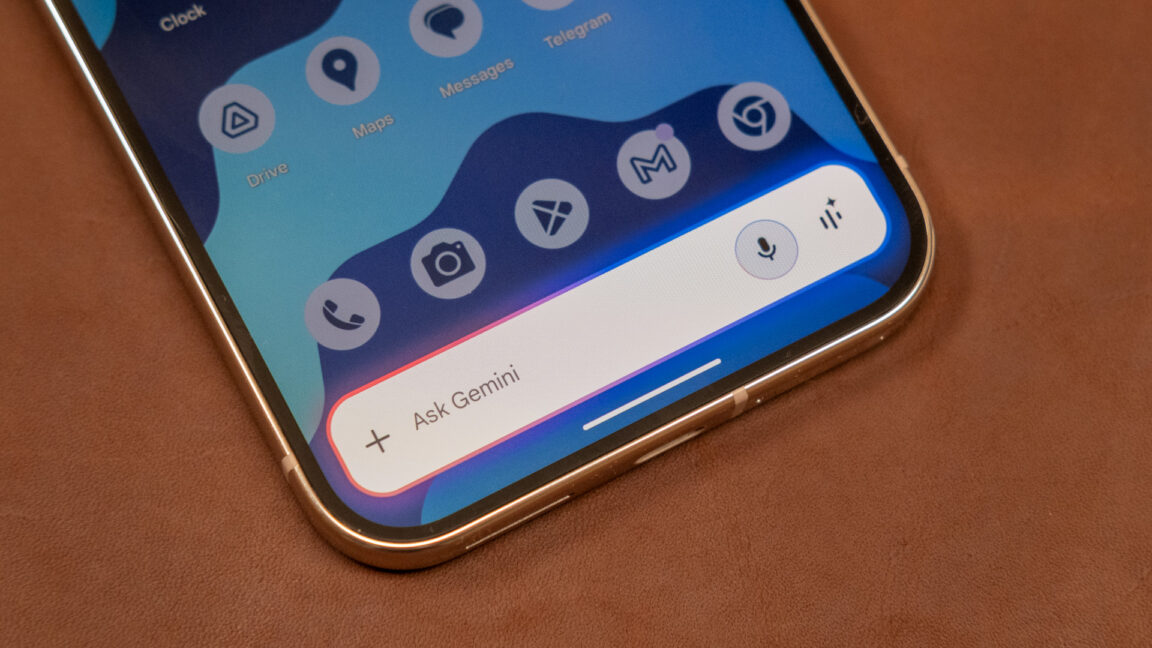Understanding Google Gemini’s New Chat Learning Features

In recent developments, Google has introduced changes to how its AI chatbot, Gemini, will handle user data. Now, Gemini is equipped to remember details from past chats to refine its responses, a shift aimed at enhancing the personalization of user interactions. This marks a significant step in tailoring AI functionalities to individual user needs.
Previously, Google tested a personalization mode for Gemini which relied on a user's Google search history. While it didn’t gain much traction, the company is now rolling out a new feature called Personal Context. When activated, this feature allows Gemini to recall previous interactions without needing specific prompts, fostering a more seamless conversation experience.
Personal Context is designed to make Gemini's responses more relevant, especially when making recommendations. This is distinct from its "saved instructions" mechanism, where users directly provide guidance to shape chatbot responses. However, there's a cautionary note—AI chatbots becoming overly familiar with users can lead to misconceptions or reinforce delusions, an ongoing concern with AI advancements.
Initially, Personal Context will be part of the Gemini 2.5 Pro model, available outside of the EU, UK, and Switzerland, and restricted to users over 18. Google plans to expand this feature further, integrating it with the Gemini 2.5 Flash model, providing users the flexibility to toggle it on or off from the settings menu.
More Control Over Your Data
As customization features in Gemini expand, users are understandably wary about potential data privacy implications. Google responds with Temporary Chats, akin to an incognito mode for Gemini, ensuring that such interactions don't contribute to Personal Context.
Temporary Chats will soon be available, accessible via the Gemini app and will retain chat records for 72 hours for user reference, without affecting personalization settings. This option complements Google's efforts to offer more data control to users actively engaging with AI technologies.
In an update effective from September 2, some chat data and file uploads will be used by Google to train its AI, unless users opt out. Google will modify privacy settings, allowing users to disable "Keep Activity" to prevent their content from being utilized in model training. Adjusting these settings soon is crucial for users uneasy about sharing their data with AI models.
These evolving features reflect Google's ongoing commitment to balancing user personalization and privacy, offering an adaptable yet cautious approach to AI interactions.



